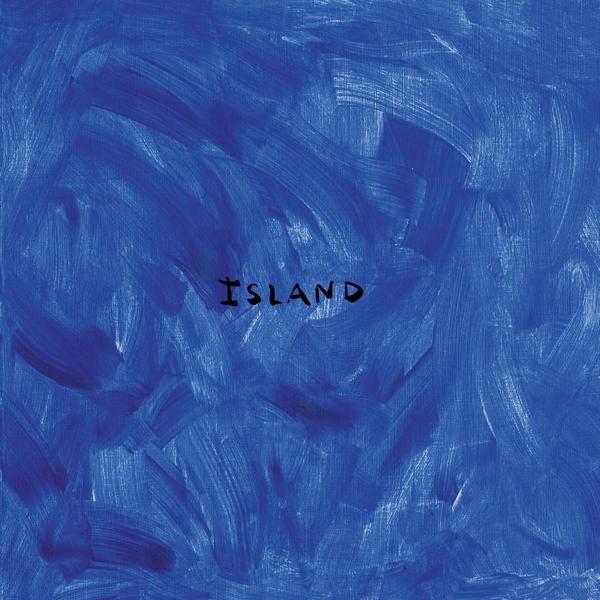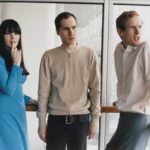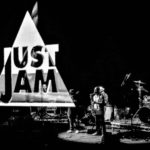Island is an album of dark, irresistible electronica, produced by a pair of legendary post-punk artists. Phew started out as the lead singer of Osaka punk band Aunt Sally and by 1981 was working with Can’s Holger Czukay and Jaki Liebezeit on her magnificent, eponymous, debut album, before going on to collaborate with members of Einstürzende Neubauten, and Crime and the City Solution. A few years ago she reinvented herself as an electronic musician and brought her questing, improvisational attitude to her recent albums, Voice Hardcore, Light Sleep and A New World, which featured Deerhoof guitarist John Dieterich. Phew’s latest artistic partner, Ana da Silva, was a founding member and songwriter of The Raincoats, a bunch of North London art school kids who dropped three of the most innovative and astonishing records of the early 80’s. The band reformed in 1993, largely at the request of celebrity super-fan Kurt Cobain, and since then Da Silva has recorded and performed intermittently, not only with The Raincoats but also solo and in collaboration with the likes of Angel Olsen.
Billed as a kind of conversation, Da Silva and Phew have worked on Island by e-mail, and they’ve come up with something that does indeed capture the intimacy of a long distance friendship. However they describe the process, the end result doesn’t exactly feel like a conversation so much as a series of intense, unanswerable letters, a pair of souls pouring themselves into the void. In ‘Strong Winds’, for example, they conjure up a soundscape of brutal, unpredictable, industrial noise, with squalls of feedback inhabiting a chaotic, alien world. Considering that they’re relatively recent converts to electronic music, there’s complete mastery here. It’s real the-centre-cannot-hold stuff, best enjoyed in the dark, and quickly dispels any doubt that this isn’t music for the end of the world.
Tracks like ‘Stay Away’ are paranoid and overpowering and convey a sense of ongoing, slow catastrophe. Organic, found noises combine with what might be Delia Derbyshire’s lost, nightmare breakbeats for the Dalek control room. Indeed, the whole of the first half of the record feels somehow static, layers of claustrophobic loops and noises without traditional musical progression. It opens up later, with ‘From Here to There’, with its electronic chirrups and deep, sonar-calls of pulsating bass, and even approaches a tune on ‘Konichiwa!’ which also provides one of the album’s few moments of lo-fi euphoria when a drum machine hi-hat kicks in briefly over the crude melody. Snatches of vocal samples fade in and out, burbling like the ecstatic ghosts of an inexplicable short-wave radio station.
As in ‘Konichiwa!’ there’s stoicism, even humour, throughout the album, in all its doom and gloom laden immensity. The incantatory drums and chants that reverberate through ‘The Fear Song’ build into a frantic catechism that speeds up with the drum machine. Throughout Island, the pair use vocal samples sparingly but continuously, usually snatches of spoken words in each other’s native tongues of Japanese and Portuguese. But here, these cries of love, or worship, or warning, or whatever they are serve to anchor the experience in something human, at least for a moment. The final track ‘Dark But Bright’ ends the album on a similar emphatic note. A synthesised accordion turns over the same sequence of notes again and again, against a steady electronic thrum and a background of what might be birdsong. Human voices address each other through a build-up of distortion, and there’s a sense of the listener overhearing something unreachable.
Island is a brooding, cavernous piece of work, a world-in-itself, full of mystery. Given their particular uncompromising trajectories Ana Da Silva and Phew have taken a long enough time to find each other in this strange landscape. On the strength of this LP, it’s a collaboration that ought to continue.




